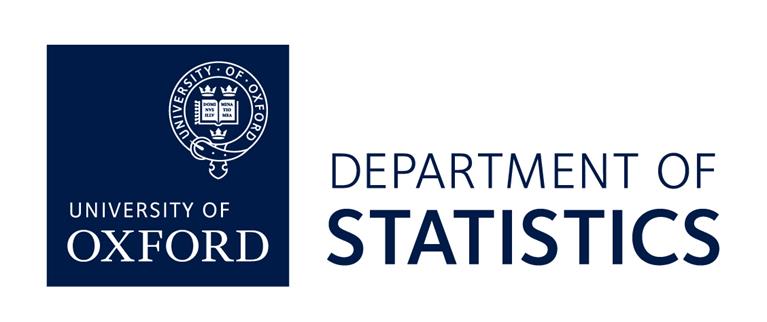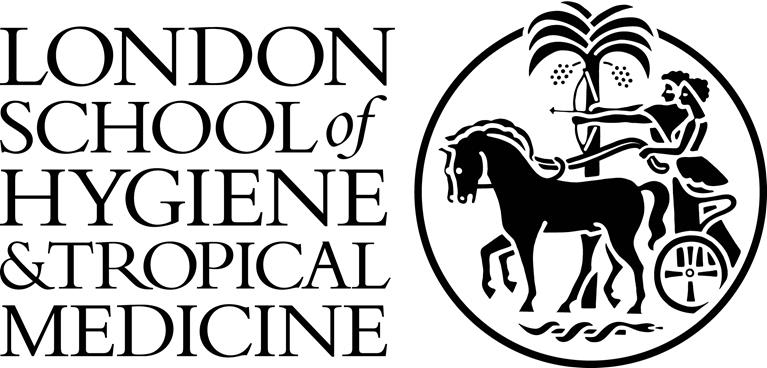Masters degrees in Mathematics explore advanced mathematical theory and numerical analysis together with their applications in a range of practical contexts from statistics to computing, delving into the fundamental theories and concepts that underlie the field of Mathematics. The study of Mathematics is often associated with numerical calculations, but it is much more than that. At the Masters level, students explore mathematical theory, modeling, analysis, and algorithms, as well as applications in fields such as physics, engineering, computer science, and finance.
Some programmes in this discipline are taught courses, developing core mathematical competencies and advanced numeracy skills. Others are independent research degrees, focussing on theoretical or practical problem-solving techniques. Some are also highly disciplinary, with the opportunity to apply numerical reasoning to the challenges encountered in medical, engineering, or business contexts.
In addition to its academic and professional applications, Mathematics is also an important field of study in its own right. Studying advanced mathematical theory and numerical analysis can be a deeply rewarding intellectual pursuit, allowing students to delve into complex, abstract concepts and explore the frontiers of mathematical knowledge. For those with a passion for Mathematics, a Masters degree in the subject can be a challenging and fulfilling experience.
Courses commonly award MSc, MRes or MPhil degrees, depending on their specific areas of focus.
Why study a Masters in Mathematics?
Though it may seem like the textbook example of an academic discipline (often involving very weighty textbooks!) Mathematics might surprise you at postgraduate level. Many courses are already highly vocational. You could train for a role in insurance and risk management, in financial trading or even in epidemiology (the process of measuring and predicting public health and disease trends).
Other programmes are more theoretical, but even a Masters in Pure Mathematics can have professional applications. Your skills in quantitative analysis and numerical reasoning will be second to none, equipping you to deal effectively with complex data and statistical problems in a wide range of working environments.
Of course, Mathematics is also a fertile academic research area, with connections to other disciplines including the Physical Sciences, Engineering and even Philosophy.

 Continue with Facebook
Continue with Facebook














































